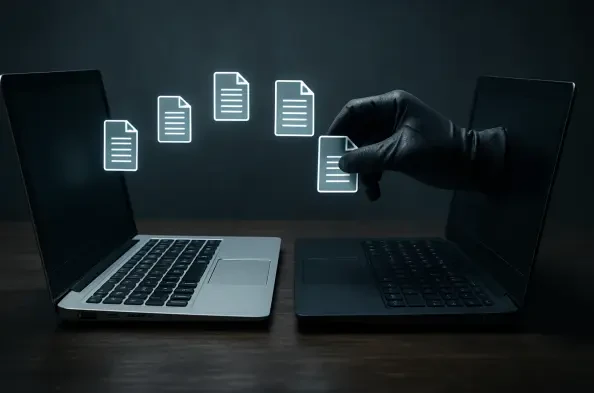As we dive into a critical issue at the intersection of voter rights and privacy, I’m thrilled to speak with Vernon Yai, a renowned data protection expert specializing in privacy protection and data governance. With his extensive background in risk management and innovative techniques for safeguarding sensitive information, Vernon offers invaluable insights into the U.S. Justice Department’s recent handling of voter roll data. In this conversation, we explore the implications of data collection by federal agencies, the privacy concerns that arise, the legal frameworks at play, and the pushback from states. Join us as we unpack these complex issues and their impact on election integrity and individual rights.
How did the Civil Rights Division of the Justice Department begin collecting voter roll data from states, and what was the scope of their request?
The Civil Rights Division started this process over the past several months by reaching out to at least 24 states with requests for voter registration information. What’s striking is the scale— they asked for a complete list of all registered voters from at least 22 of those states. This isn’t a small, targeted inquiry; it’s a broad sweep, which has raised eyebrows among legal experts for being unprecedented in its scope. Typically, requests like this are much more specific, focusing on particular issues or regions, but here it feels more like a wide net being cast.
What was the original purpose the Justice Department provided for gathering this voter data?
The stated goal, as communicated in letters to states and during discussions with state officials, was to ensure compliance with federal laws like the Help America Vote Act and the National Voter Registration Act. These laws require states to maintain clean voter lists by removing ineligible individuals, such as convicted felons or deceased persons. The Civil Rights Division framed it as a way to review and provide confidential feedback to states, emphasizing that the data would be handled securely and discreetly.
Can you explain the role of Homeland Security Investigations (HSI) in this situation and their intended use of the voter roll data?
Homeland Security Investigations, which falls under the Department of Homeland Security, is looking to use this voter roll data for criminal and immigration-related investigations. According to documents, their plan is to cross-reference the voter information with other data in their law enforcement databases. This is part of a broader shift within DHS to become a central hub for domestic intelligence vetting, which raises significant questions about the scope and purpose of data usage beyond what was initially communicated to states.
What are some of the privacy concerns tied to sharing voter roll data with agencies like HSI?
The privacy concerns are substantial. For one, sharing this data with HSI could potentially violate the Privacy Act, which mandates public notice and comment before the government collects and uses personal records in this way. Legal experts have pointed out that repurposing data for criminal or immigration probes diverges from the original intent of ensuring voter list accuracy, which could undermine trust. Additionally, the type of information requested—driver’s license numbers, dates of birth, and even partial Social Security numbers—heightens the risk of misuse or exposure of sensitive personal details.
How have states reacted to these requests from the Justice Department for their voter data?
There’s been significant resistance. Multiple states have flat-out refused to comply, arguing that the requests lack a clear legal basis. For instance, Maine’s Secretary of State delivered a very public and pointed rejection, essentially telling the Department to take a hike. In South Carolina, a local judge even stepped in, ordering the state election commission not to hand over the data after a voter challenged the move on privacy grounds. These responses highlight a deep unease about both the legality and the intent behind the requests.
What federal laws has the Civil Rights Division cited as justification for requesting this voter data?
The Division has leaned on statutes like the Help America Vote Act and the National Voter Registration Act as their legal foundation. These laws task states with maintaining accurate voter rolls and grant the Justice Department authority to oversee compliance. In follow-up requests for more detailed data, they’ve also invoked the Civil Rights Act, which allows them to inspect voter records under certain conditions, provided they state a clear basis and purpose for the request. However, many states and experts argue that the breadth of these requests stretches beyond what these laws intended.
What is your forecast for the future of voter data privacy and federal oversight in light of these developments?
I think we’re at a crossroads. On one hand, there’s a clear need for federal oversight to ensure election integrity, but the methods and scope of data collection are likely to face increasing scrutiny and legal challenges. We may see more states pushing back, potentially leading to landmark court decisions that define the boundaries of federal authority over voter data. On the privacy front, I anticipate a growing demand for stricter safeguards and transparency about how this data is used, especially if it’s being repurposed for unrelated investigations. The tension between security and individual rights will only intensify, and it’s something we’ll need to watch closely in the coming years.






